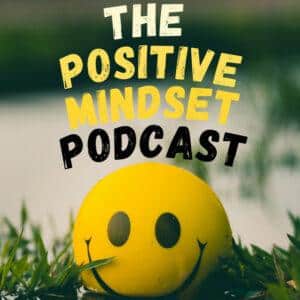
In this episode of ‘The Jordan B. Peterson Podcast,’ Jordan Peterson engages in a thought-provoking conversation with Zach Lahn, co-founder of Wonder. They critically examine the limitations of traditional education and discuss the innovative strategies employed by Wonder to enhance student agency and transform learning experiences.
In a thought-provoking dialogue, Jordan Peterson and Zach Lahn critically examine traditional education’s shortcomings, highlighting Wonder’s groundbreaking approach. They discuss how Wonder moves beyond the traditional focus on passive learning and memorization, championing a dynamic, student-centric learning model. This innovative approach equips students with the skills and adaptability needed for future challenges. The discussion reveals Wonder’s commitment to nurturing curiosity, critical thinking, and a passion for lifelong learning, contrasting sharply with conventional educational methodologies.
The conversation delves deep into the Prussian education system’s historical roots and its long-lasting influence on modern education. Peterson and Lahn articulate the system’s inherent flaws, notably its focus on producing obedient workers and soldiers rather than fostering independent thinking. They argue that this outdated model fails to meet the needs of a rapidly evolving, innovation-driven world. Drawing comparisons with progressive learning environments in decentralized London schools, they showcase how alternative educational models can lead to more engaging, thoughtful, and critically-minded students.
The discussion explores the innovative pedagogical techniques employed at Wonder, particularly the integration of the hero’s journey narrative into the curriculum. This method is shown to deeply engage students, enhancing their ability to think analytically and creatively. Additionally, the use of Socratic questioning and peer-led discussions is emphasized as critical for developing students’ ability to articulate complex ideas, understand diverse viewpoints, and engage in meaningful dialogue. Peterson and Lahn underscore the importance of these techniques in cultivating well-rounded individuals who are not only academically capable but also socially and ethically aware.
Wonder’s approach to apprenticeships is spotlighted, emphasizing their role in providing real-world experiences from an early age. This aspect of Wonder’s curriculum is praised for encouraging practical, hands-on learning, fostering a strong work ethic, and nurturing collaborative skills. Peterson and Lahn discuss how such early exposure to real-world scenarios can ignite a passion for innovation, potentially guiding students towards entrepreneurial careers. They argue that these experiences are invaluable in developing creative problem-solvers and future leaders.
The pivotal role of parents in this educational ecosystem is discussed, highlighting how their active involvement and commitment are essential for maximizing the effectiveness of Wonder’s approach. The expansion of Wonder and the Acting Academy into Kansas and Iowa is presented as a testament to the model’s success and its potential for scaling. This expansion signifies a growing recognition of the need for educational systems that are more aligned with fostering individual growth, autonomy, and the ability to navigate a complex world.
This engaging dialogue between Jordan Peterson and Zach Lahn advocates for a transformative shift in educational practices. Wonder’s approach, focusing on student agency, critical thinking, and skill development, emerges as a compelling alternative to conventional education, highlighting the urgent need for reforms that recognize each student’s unique potential in a rapidly evolving world.